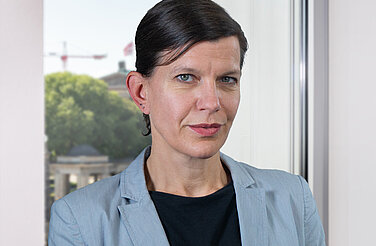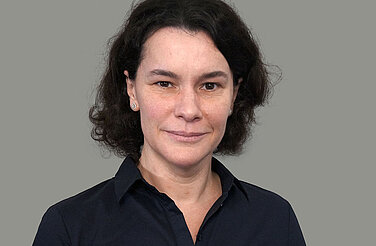- pdf 54 KB Programme Just transition
- pdf 348 KB Session 1 on inclusion: Presentation on Germany (Philipp Litz)
- pdf 1 MB Session 1 on inclusion: Presentation on the Philippines (Cristina Martinez)
- pdf 455 KB Session 1 on inclusion: Presentation on Australia (Karen Cain)
- pdf 602 KB Session 1 on inclusion: Presentation on Bulgaria (Julian Popov)
- pdf 626 KB Session 2 on ambition: Presentation on Poland (Maciej Sytek)
- pdf 898 KB Session 2 on ambition: Presentation on Slovakia (Juraj Melichar)
- pdf 441 KB Session 2 on ambition: Presentation on South Africa (Tracy Ledger)
- pdf 566 KB Session 2 on ambition: Presentation on India (Srestha Banerjee)
Just transition
Cases and learning on inclusion and ambition
Event Recording
More and more countries, jurisdictions, and companies are now debating, adopting, and implementing climate targets, including net-zero mid-century commitments, and within these specific coal phase out targets and de facto coal reduction targets. The Just Transition is a crucial building block for meeting these targets through the energy transition. Although the circumstances for Just Transition vary in each country, there are many common questions and opportunities to share learning. This workshop presented the up-to-date plans and learning from key case studies of Just Transition in some first mover countries: Germany, Poland, South Africa, the Philippines, and Australia, focusing on cross-cutting insights from these case studies.
The first panel focused on inclusion. Just Transition has been most intensively debated around the important issue of coal jobs and the economic future of coal communities. However, in addition, there are many other stakeholders, including energy customers large and small, mining companies, electricity generators, renewable energy investors, the companies and the communities involved in the rehabilitation of land and water after coal mining, trade unions, migrant labourers and non-unionised labourers, local government, national government, economic development agencies, skills training organizations, and environmental and social justice NGOs. How can these different groups be consulted and participate in designing and implementing Just Transition?
The second panel looked at ambition. Just Transition is sometimes discussed in terms of start dates and end dates, but it is better understood as meaning undertaking robust planning to maximize economic, social, and environmental opportunities, in order to minimize social disruption. This means a key focus on green economy jobs in clean energy and its supply chain, land and water rehabilitation at mining sites, and support for local workforce re-skilling. It also means focusing on equitable access to affordable energy for the population as a whole. Ambition requires clarity about goals, opportunities, resources, and undertaking early actions — managing the transition rather than postponing it. Therefore, what are the models and questions that can help to shape ambitious and well-managed Just Transition planning?
Both inclusion and ambition are essential to achieving Just Transition. These case studies strongly demonstrate that an inclusive process and ambitious goals can reinforce one another.
The speakers presented the respective contexts and processes of their case studies, and considered which elements of their success in addressing the Just Transition challenge might provide wider lessons and models for other regions.
The 3.5-hour webinar was hold in English and included two Q & A sessions.
PROGRAMME
You can find the detailed programme of this webinar in the download section further down.
PRESENTATIONS
You can find the presentations of this webinar in the download section further down.
RECORDING
The recording can be found above.
Event details
Just transition
Agora Online Event
Upcoming events
If you want to receive news about upcoming events, please subscribe to our newsletter.



